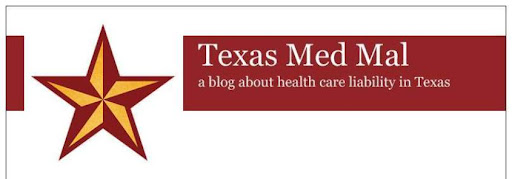Tuesday, January 18, 2011
Friday, January 7, 2011
TMB Announces New Medical Director
The Texas Medical Board announced Thursday that Linda Gage-White, M.D., will become Medical Director of the agency in mid-January.
Gage-White, an ear, nose and throat specialist, served on the Louisiana State Board of Medical Examiners from 2002 to 2010 as president, vice-president and as a member of the Licensure Committee and the Board's Malpractice Committee.
"We're very pleased to have someone of this caliber join the agency," said TMB Executive Director Mari Robinson, J.D. "Dr. Gage-White's extensive, relevant experience and her passion for patient safety will help fulfill the Board's mission of public protection."
A native of Fort Lauderdale, Florida, Gage-White graduated from Duke University and received her medical degree from the University of Miami School of Medicine. Gage-White interned at Mount Sinai Medical Center in Miami and completed her residency in otolaryngology at the University of Iowa Hospital and Clinics.
She has been affiliated with Louisiana State University Health Sciences Center for 25 years; she founded and served as director for the institution's multidisciplinary cleft lip and palate clinic. She was in private practice for 10 years before accepting her most recent academic appointment in 2000. She is board-certified in otolaryngology and has taken part in charitable medical missions throughout the world.
Dr. Gage-White fills a position vacated by Alan T. Moore, M.D., TMB's previous medical director. State law requires that if the agency's executive director is a non-physician, a medical director be hired.
